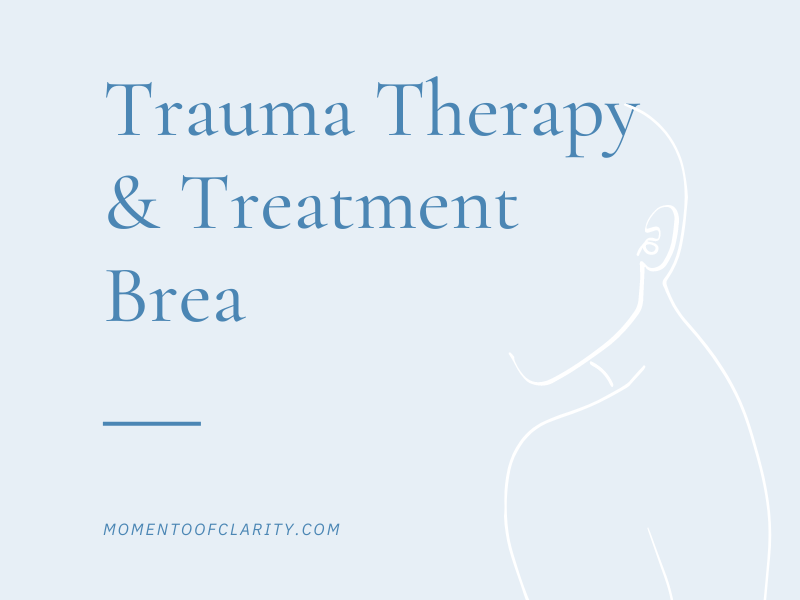
Trauma can have a profound impact on an individual’s mental and emotional well-being. Whether it stems from a single traumatic event or repeated exposure to distressing experiences, trauma can leave lasting scars. Fortunately, there are various trauma therapy and treatment options available in Brea, California, to help individuals heal and recover from their traumatic experiences.
Trauma Therapy & Treatment Helpline 949-997-1775
Trauma Healing
Trauma healing is a crucial aspect of overcoming the effects of trauma. It involves addressing the emotional, psychological, and physical impacts of traumatic experiences. In Brea, California, there are several trauma healing approaches available, including:
- Talk Therapy: Talk therapy, also known as psychotherapy, is a common approach used in trauma healing. It involves discussing and exploring the traumatic experiences with a trained therapist, aiming to gain insight, process emotions, and develop coping mechanisms.
- EMDR: Eye Movement Desensitization and Reprocessing (EMDR) is a specialized therapy technique that helps individuals process traumatic memories and develop healthier responses to triggers. EMDR has shown promising results in trauma healing.
- Art Therapy: Art therapy utilizes various art forms, such as painting, drawing, and sculpting, to help individuals express and process their traumatic experiences. It provides a creative outlet for emotions that may be difficult to put into words.
PTSD Treatment
Post-Traumatic Stress Disorder (PTSD) is a common mental health condition that can develop after experiencing or witnessing a traumatic event. In Brea, California, there are effective PTSD treatment options available, including:
- Cognitive-Behavioral Therapy (CBT): CBT is a widely used therapy approach for treating PTSD. It focuses on identifying and changing negative thought patterns and behaviors associated with the traumatic event. CBT helps individuals develop healthier coping strategies and manage their symptoms effectively.
- Medication: In some cases, medication may be prescribed to manage the symptoms of PTSD. Antidepressants and anti-anxiety medications are commonly used to alleviate symptoms such as anxiety, depression, and sleep disturbances.
- Group Therapy: Group therapy provides a supportive environment where individuals with PTSD can connect with others who have had similar experiences. It allows for shared understanding, validation, and the opportunity to learn from each other’s coping strategies.
Trauma Recovery
Trauma recovery is a journey that involves rebuilding one’s life after experiencing trauma. In Brea, California, there are various resources and support systems available to aid in the process of trauma recovery, including:
- Support Groups: Support groups bring together individuals who have experienced trauma to share their stories, provide mutual support, and learn from each other’s experiences. They can be invaluable in fostering a sense of belonging and reducing feelings of isolation.
- Self-Care Practices: Engaging in self-care practices is essential for trauma recovery. This can include activities such as exercise, mindfulness, journaling, and engaging in hobbies or creative outlets.
- Continued Therapy: Ongoing therapy can be crucial for long-term trauma recovery. It provides a safe space to process ongoing challenges, explore new coping strategies, and address any lingering trauma-related issues.
Therapeutic Techniques
Various therapeutic techniques are employed in trauma therapy and treatment in Brea, California. These techniques aim to address the unique needs of individuals who have experienced trauma. Some commonly used therapeutic techniques include:
- Exposure Therapy: Exposure therapy involves gradually exposing individuals to their traumatic memories or triggers in a safe and controlled environment. This technique helps individuals confront and process their fears, reducing their impact over time.
- Somatic Therapy: Somatic therapy focuses on the mind-body connection and helps individuals release trauma-related tension and energy stored in the body. Techniques such as deep breathing, body awareness, and gentle movements can be used to promote healing.
- Mindfulness-Based Approaches: Mindfulness-based approaches, such as mindfulness meditation and yoga, can be beneficial in trauma therapy. These techniques help individuals develop present-moment awareness, reduce anxiety, and cultivate self-compassion.
Trauma-Informed Care
Trauma-informed care is an essential aspect of trauma therapy and treatment in Brea, California. It involves creating a safe and supportive environment that recognizes the widespread impact of trauma and promotes healing. Some key principles of trauma-informed care include:
- Safety: Ensuring physical and emotional safety for individuals seeking trauma therapy and treatment.
- Trustworthiness and Transparency: Building trust with individuals by providing clear information, maintaining boundaries, and being consistent.
- Collaboration and Empowerment: Encouraging individuals to actively participate in their healing journey and decision-making process.
- Cultural Sensitivity: Recognizing and respecting the cultural backgrounds and diversity of individuals accessing trauma therapy and treatment.
Trauma Therapy & Treatment Near Me
If you or someone you know in Brea, California, has experienced trauma, it is essential to seek professional help. Trauma therapy and treatment options, such as trauma healing, PTSD treatment, trauma recovery, therapeutic techniques, and trauma-informed care, can provide the necessary support for healing and recovery. Remember, healing from trauma is a personal journey, and with the right resources and support, it is possible to reclaim your life and move towards a brighter future.




